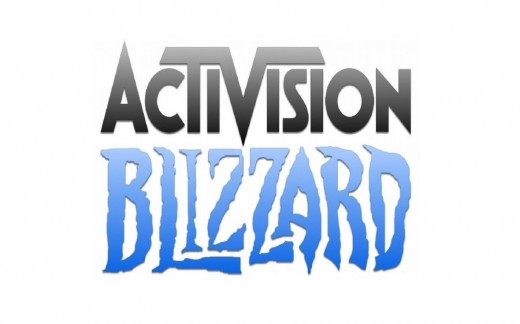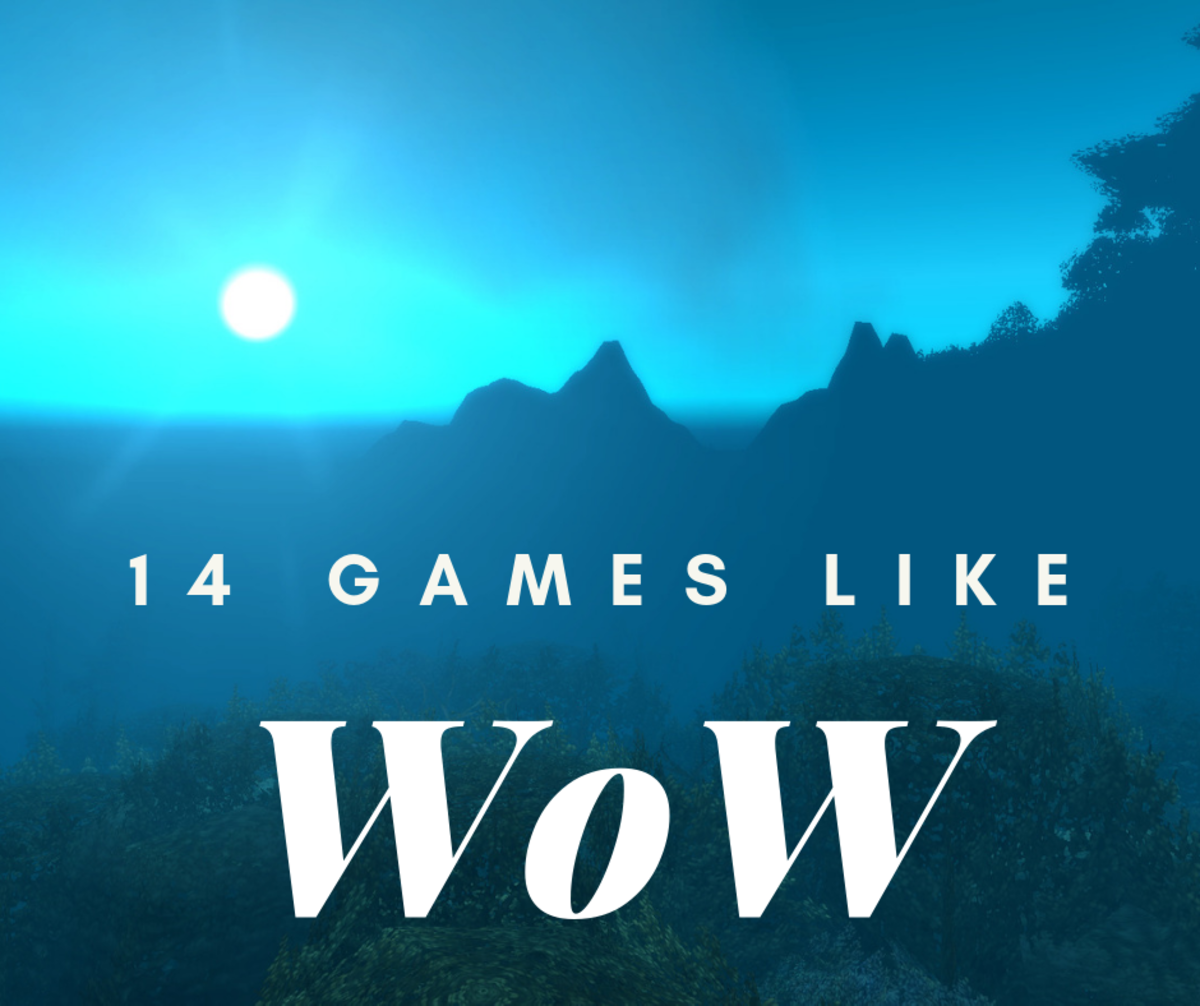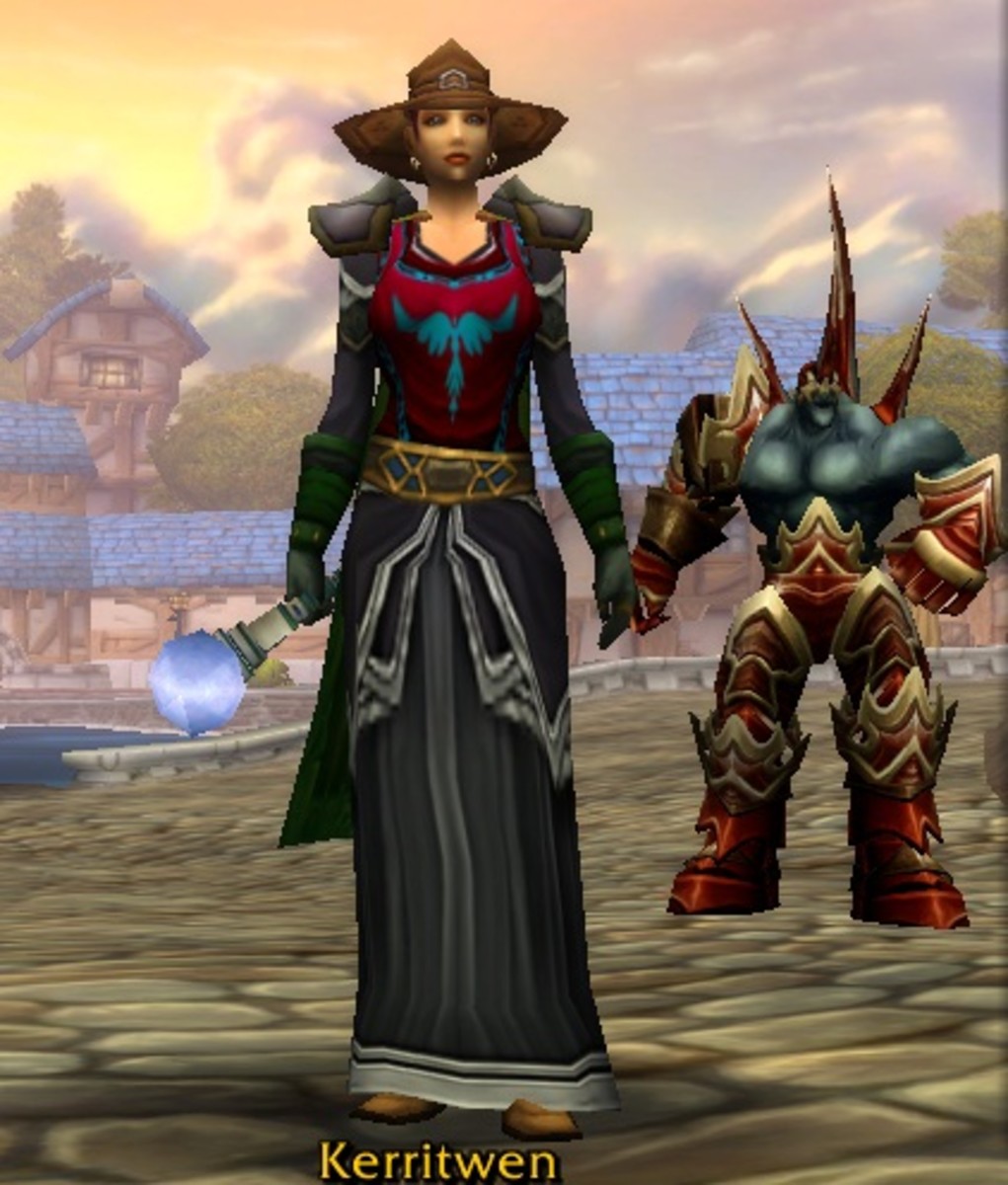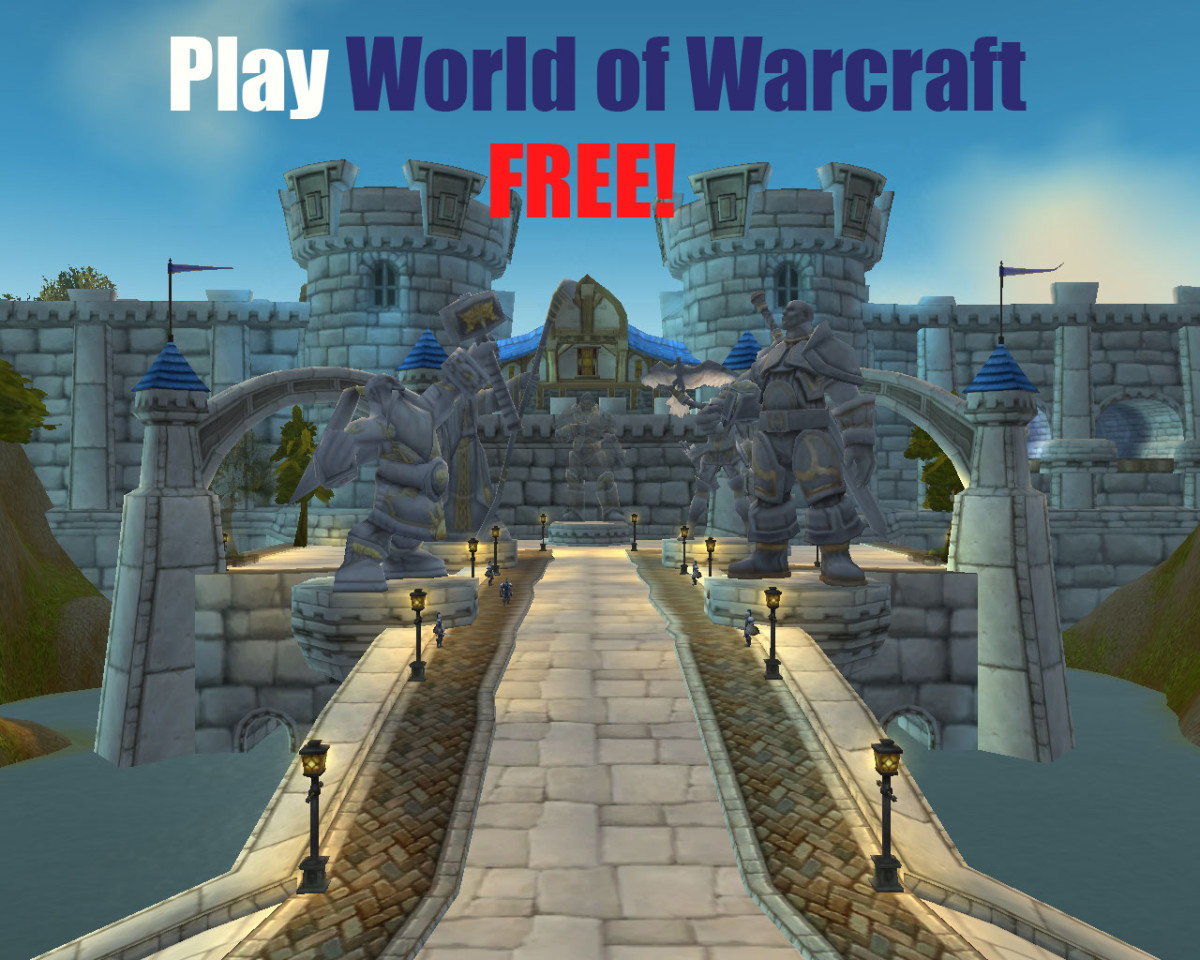It's the End of Blizzard As We Know It

As a young nerd I was taught 3 universal truths, water is wet, life finds a way and Blizzard is the best video game company on the planet. To this day I have never found water to be anything but wet and Ian Malcolm's chaos theory has never made more sense, but it is finally time to remove that third truth. Blizzard Entertainment (Now Activision/Blizzard) has seemingly taken the exact steps to destroy all good will they had built with their fan base to become what they had always stood against, a soulless corporation that values money more than it's customers.
For some of my Blizzard background, my life changed the first time I played Diablo 2. I still hold the Diablo franchise as my favorite video game series of all time, even with the rocky start to Diablo 3. Blizzard worked hard and made D3 into a game, that while not the absolute pinnacle of game design that it's predecessor was, that is a whole lot of fun to play.
Diablo 2 introduced me into the wonderful world of Blizzard computer games, Warcraft 3 and StarCraft became my benchmark for what a Real-Time Strategy games should be. Between those 3 games I lost many summer nights and probably a good amount of respect from those of the opposite sex, but I would never trade those experiences for any female, except for maybe Olivia Munn.
I would constantly fall asleep with what I called "Diablo Dreams". Closing my eyes would force my brain to project the countless hours of Baal runs searching for the perfect gear for my Hammeridian Paladin. Then 2004 came around and a little game called "World of Warcraft" was released and blew the doors off of everything.
I do not exactly consider World of Warcraft as the beginning of the end, but it certainly laid the groundwork. Until this point Blizzard's business model was simple, make a complete game and sell it to you for a set price. I can't even tell you how many times I bought a Diablo 2 Battle Chest and each time with a smile on my face. I knew what I was getting and even had already played the games, but a chance to dive back into the world of Sanctuary once again.
World of Warcraft included a monthly payment for service on top of it's retail price. This on it's own is a fairly harmless practice. WoW featured constant updates and a massive world that could be explored with people from all over the planet, the price of admission was well worth it.
What World of Warcraft really did for Blizzard is take them from a niche developer/publisher to one of the biggest entertainment companies in the world. It also showed them that people will pay almost anything for their product, which again was always at the top of it's class.
With Blizzard on top of the digital entertainment world and raking in billions of dollars, putting out regular paid expansions for WoW and seemingly putting all other projects on the back burner, Blizzard's parent company Vivendi merged with Activision in 2008, creating Activision Blizzard.
A few years later in 2013, Activision Blizzard bought out the majority of shares from Vivendi and became it's own independent company. This is where we can truly see the seeds of destruction being planted. Activision who is known for publishing massively successful video game franchises like the Tony Hawk series, Guitar Hero and most famously of all, the Call of Duty series was now fully in bed with Blizzard.
Over time the Activision influence could be felt spreading it's tendrils all through Blizzard. Diablo 3 was rushed to release with key systems being either broken or outright completely missing. Hearthstone, a digital Magic: The Gathering type clone was released in 2014 free to play but with paid micro-transactions that anyone who has played Hearthstone will tell you are more than necessary to get the full experience of the game.
The free to play model was further boosted with the release of Heroes of the Storm, Blizzard's response to the massively successful DOTA 2 which was made based off a mod of their own game, StarCraft 2, but that story deserves it's own article. HotS featured characters and maps from other Blizzard franchises previously mentioned in this article and featured a similar system to Hearthstone, being free to play but forcing customers to spend large amounts of money to see the full game.
Finally in 2016 Blizzard released it's first new IP in decades with Overwatch, which was born from a failed project called Titan. Titan was supposed to be Blizzard's most ambitious project, a new MMO that was in development for 5-6 years before ultimately being cancelled. From those ashes Blizzard created it's first, first person shooter and since it's release in 2016 has become one of Blizzard's most successful games.
While Overwatch consistently provides free updates featuring new maps and characters to it's user base, fantastic animated shorts featuring characters from the game and even a professional league centered around the game, what Overwatch is probably best known for is it's implementation of "loot boxes".
Loot boxes for lack of a better term is digital gambling, the player earns a loot box for playing the game and then is given a random chance at cosmetic items that can be used in game. While Overwatch's loot boxes give the player no advantage in the game, the system is dangerous and has been implemented across the world of digital entertainment.
Overwatch may not be Blizzard's worst example of predatory sales tactics but it shows a pattern. Of the last 3 full games that blizzard has released all of them have a "games as a service" system, meaning that Blizzard will keep you playing their game by continuously releasing new content, mostly for purchase, saving the company from not only making new games, but also making them more money than they ever have before.
We now circle back around to my beloved Diablo. Fans have been anticipating a new release in the series for a bit now, but at Blizzcon 2018 Blizzard pulled their most ambitiously evil tactic yet. They announced the newest installment in the Diablo franchise, Diablo Immortal. Immortal is a new MMORPG set in the Diablo universe after the events of the second game and to be released for IOS and Android, A.K.A. mobile phones.
The mobile market has not only been the breeding ground for pay-to-win tactics featuring games that are almost impossible to play correctly without throwing some money into them, but also for low quality products for the most part. The idea of a full fledged Blizzard game releasing on mobile platforms is hard enough to swallow, but when we found out that Immortal would be in essence the same type of Diablo game we had been getting for years just with lower quality and almost certainly pay-to-win tactics was enough to send most people running for the hills.
The infamous Wyatt Cheng quote at that same Blizzcon of "Do you guys not have phones?" in response to the crowd outright booing the reality that Diablo Immortal would not be released on PC put the nail in the coffin for Blizzard. Fans were turning their backs and retreating from what was once the most beloved entertainment company in the world. And then there is NetEase.
We have finally come to what i believe to be the real and true beginning of the end for Blizzard. The explanation that we got for why a game like Diablo Immortal even exists when it seems most of the fans want nothing to do with it was a simple one, mobile games are huge in China.
Immortal is being co-developed by a company called NetEase, which has localized many Blizzard games for the Chinese market but is also known for making predatory mobile games in that region. While an attempt to grow their market in China is not inherently a bad thing, it is how Blizzard has handled themselves since then that is troubling.
Earlier this month Blizzard got themselves into the headlines once again and it was somehow handled even worse than the Diablo Immortal debacle. A Chinese Hearthstone player by the name of Blitzchung was outspoken regarding the recent protests in Hong Kong and used his status as a professional player to provide his support to the liberation of Hong Kong movement. Blizzard subsequently removed his status as a professional player and suspended him from play for a year. They also removed any prize money he had earned previously that season.
Blitzchung did nothing more than voice his support for human rights in his country and Blizzard basically wiped him off of their map. While it is possible that Blitzchung may have violated his contract with Blizzard by damaging their image to a certain group (Mainly the government of China), the lengths that they have gone though to silence him seem sets a dangerous precedent.
Now Blizzard is seeing loyal fans jump shit and even staff walkouts in protest of the way the Blitzchung situation was handled. Circling back to the beginning of this article Blizzard is a company that has long relied on the support of loyal fans, they are not a company that pumps out new games every year and they need people coming back to their already existing games, which again are almost always high quality. While not the beginning of a complete and total downfall, this may be the biggest domino to fall in the decline of the once great and mighty Blizzard Entertainment.








